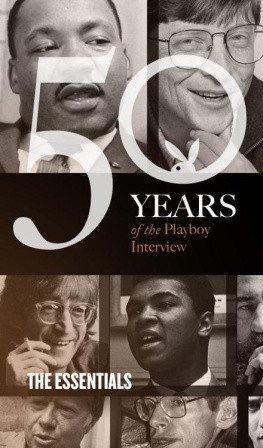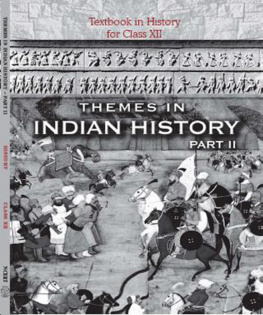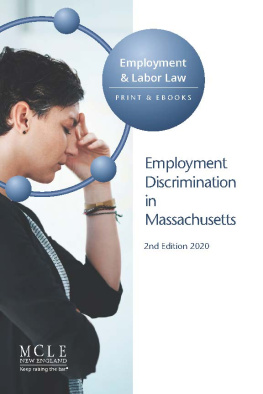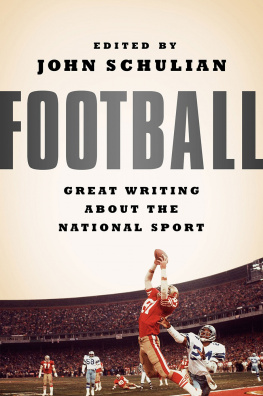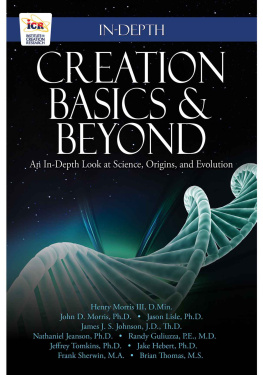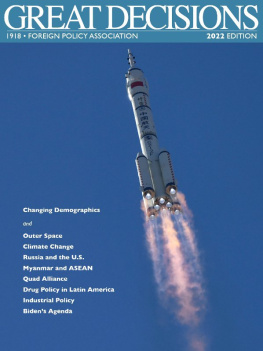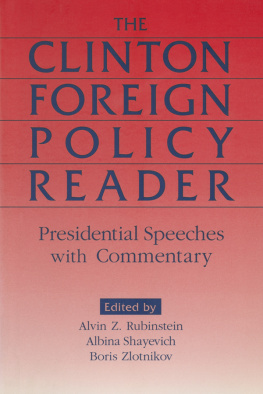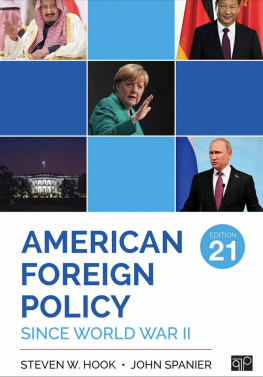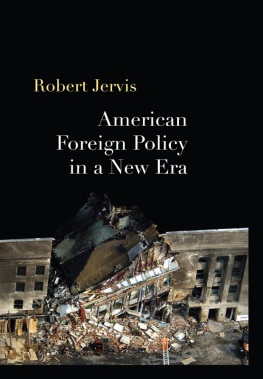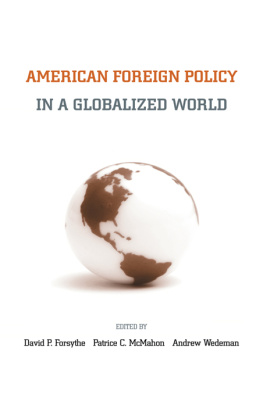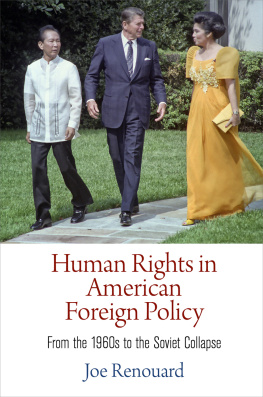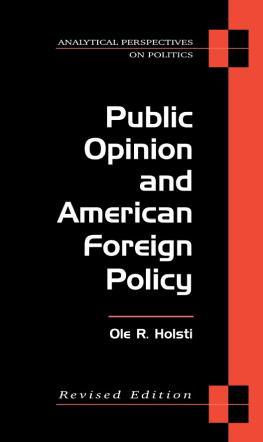THE ADELPHI PAPERS
AMERICAN FOREIGN POLICY
Published in 2006 by
Routledge
2 Park Square, Milton Park, Abingdon, Oxon, OX14 4RN
Simultaneously published in the USA and Canada
by Routledge
270 Madison Ave, New York, NY 10016
Routledge is an imprint of Taylor & Francis Group
Printed and bound in Great Britain
2006 IISS
All rights reserved. No part of this book may be reprinted or reproduced or utilized in any form or by any electronic, mechanical, or other means, now known or hereafter invented, including photocopying and recording, or in any information storage or retrieval system, without permission in writing from the publishers.
These reprints are taken from original copies of each journal. In many cases the condition of these originals is not perfect. The publisher has gone to great lengths to ensure the quality of these reprints, but wishes to point out that certain characteristics of the original copies will, of necessity, be apparent in reprints thereof.
British Library Cataloguing in Publication Data
A CIP catalogue record for this book
is available from the British Library
American Foreign Policy
ISBN10: 0-415-39823-1 (volume)
ISBN10: 0-415-39813-4 (set)
ISBN13: 978-0-415-39823-7 (volume)
ISBN13: 978-0-415-39813-8 (set)
The Adelphi Papers
CONTENTS
ADELPHI PAPERS
NUMBER ONE HUNDRED AND TEN
American Foreign Policy in the
Nixon Era
by A. Hartley
THE INTERNATIONAL INSTITUTE FOR STRATEGIC STUDIES
18 ADAM STREET LONDON WC2N 6AL
ADELPHI PAPER NO. 110
Anthony Hartley edited Interplay, a magazine of international affairs in New York, from 196771 and is now a member of the Directorate-General for Information of the Commission of the European Communities in London. He committed himself to prepare this Adelphi Paper before joining the European Commission. The views expressed here are those of the author and should not be taken as representing those of the Commission of the European Communities or of the IISS.
First published Winter 1974/5
The International Institute for Strategic Studies was founded in 1958 as a centre for the provision of information on and research into the problems of international security, defence and arms control in the nuclear age. It is international in its Council and staff, and its membership is drawn from over fifty countries. It is independent of governments and is not the advocate of any particular interest.
The Institute is concerned with strategic questions not just with military aspects of security but with the social and economic sources and political and moral implications of the use and existence of armed force: in other words with the basic problems of peace.
The Institutes publications are intended for a much wider audience than its own membership and are available to the general public on special subscription terms or singly.
The International Institute for Strategic Studies 1975
CONTENTS
PREFACE
Apart from one or two minor revisions, this study was written before the resignation of Mr Nixon and the accession of President Ford. The implications of these events for American foreign policy have not yet begun to appear with any certainty, but nothing that has happened since seems to invalidate any of the conclusions reached. President Ford has retained Dr Kissinger as Secretary of State, but various signs not least the impact of Senator Henry Jackson on American relations with the Soviet Union seem to show that a different style of foreign policy, more open to influence from public opinion, Congress and a wider circle of advisers, will be appropriate to the new administration. On the other hand, the disappearance of Mr Nixon must make the exercise of leadership both at home and abroad easier for the White House. A return to a greater pluralism in the formation of policy may be accompanied by an effort to bring the international role of the United States into closer harmony with the traditional ideals of the American people.
In Mr Nixons resignation speech he based his claim to appear in history on his achievements in foreign policy. Only history itself can decide this, but his successes should not be denigrated above all at this moment.
American Foreign Policy in the Nixon Era
An account of the foreign policy of President Nixons administration written at this juncture is inevitably condemned both to incompleteness and inadequacy. Not only have many of the consequences of that policy yet to become clear, but its very nature is often a matter of dispute and, in the United States, of political controversy. Moreover, the analysis given here must be partial, omitting many aspects of American foreign policy or referring to them only en passant. The central themes of American foreign policy between 1969 and 1974 will be discussed here, and its outlying themes are merely illustrations of these.
The central themes emerge most clearly when set against the policies that preceded them. An introductory section will, therefore, deal with the state of American foreign policy at the end of the Johnson administration, for it seems fairly clear that there was then a rupture of continuity which resulted in the replacement of the traditional managers of Americas world power by new men with new ideas. This change was symbolized by the appointment of Henry Kissinger as the Presidents special assistant for national security affairs and, later in 1973, as Secretary of State. In speaking of President Nixons foreign policy, we must be conscious that that policy is due to two men, Richard Nixon and Henry Kissinger, and that it is very difficult to separate the part that each has played. Theirs has been an altogether exceptional partnership, based on a compatibility of mind and temperament rare between a politician and his advisers, and it might be more accurate to refer to the Nixon/Kissinger foreign policy or like Churchill designating Hindenburg and Ludendorff in The World Crisis as HL by the symbol NK. In any case, some discussion of President Nixons and Dr Kissingers ideas prior to assuming office will be required.
The relationship between the two men was, indeed, essential to the changes in the administration and style of American foreign policy imposed by the Nixon administration. For the first time during a period of peace (though the United States was in fact, but not legally, at war in Vietnam) secrecy and centralization normal to European diplomacy have been applied in the United States with far-reaching results. These changes will be discussed before coming to the core of the Nixon foreign policy both in its theoretical expression and its practical results. It is in the central balance of world politics that the effects of the new policies can be found, and they have had their impact both on allies and opponents. Indeed, one of the major question-marks hanging over the results of the Nixon policy is whether or not it has robbed the distinction between allies and opponents of much of its meaning. One of the most outspoken critics of that policy, George Ball, has spoken of the creeping emergence of an American variant of Gaullism a shift away from an alliance policy towards the kind of unilateralism, so brilliantly practised by General de Gaulle. A concluding estimate of the Nixon policy will have to see in what sense it is true. For it is part of the business of a critique of present American foreign policy to look beyond its undoubted even spectacular successes towards the long-term consequences which it may have for the United States, her allies and the stability of the world at large. And this estimate must be made with some consciousness of the difficult position in which the United States found herself at the beginning of 1969, when the coherence of American policy and the public consensus backing it had broken down to a catastrophic extent.




